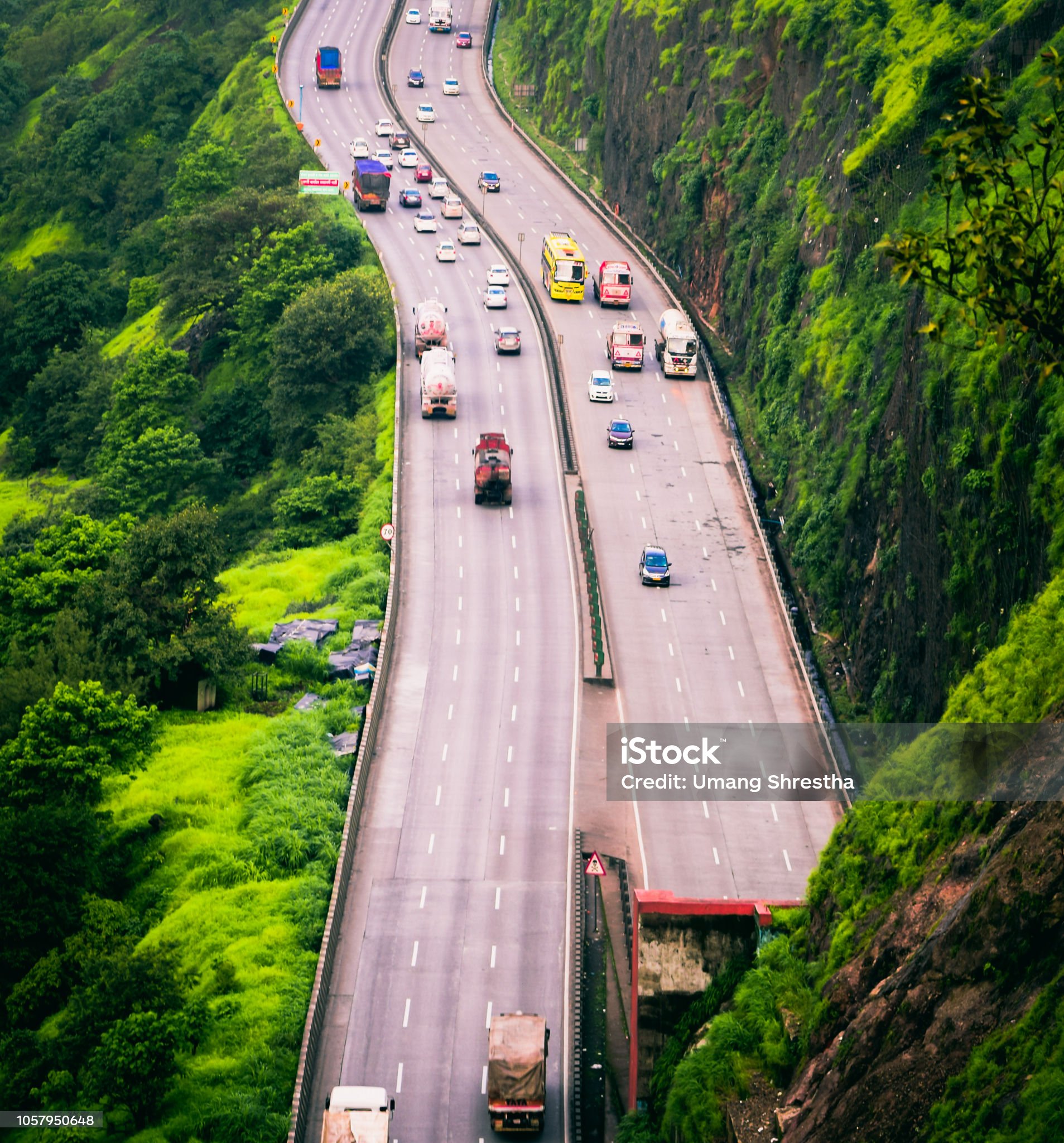Payoshi Bisht, Pune
For the first time in Maharashtra, the Pune Expressway is all set to adopt an AI-based Intelligent Traffic Management System (ITMS) starting this Friday. It is believed that it will improve the driving experience for commuters and also optimise vehicle flow by employing artificial intelligence alongside data analytics.
One of ITMS’s remarkable attributes is its capacity to detect various traffic offences automatically, which will go a long way in deterring potential offenders and ensuring that there is instant compliance with traffic rules. E-challans can be issued by the police using the system’s automatic vehicle number plate recognition ability thereby enhancing efficiency and effectiveness in this process.
This also means that it is possible for the system to quickly identify and report these incidents to the control room, therefore significantly reducing time for disabled vehicles causing traffic congestion. On top of that, it would have taken over an hour before someone could attend to them, thus, leading to substantial holdups and inconvenience for motorists.
The system will be managed by the Road Transport Office (RTO) from its control room in Lonavala. The ITMS aims to reduce long traffic jams caused by factors such as stalled vehicles, which can lead to delays of up to an hour. Therefore, swift incident reporting allows for rapid responses, minimising inconvenience for drivers.
The Mumbai-Pune Expressway typically handles 40,000 vehicles per day, but this can increase to 60,000 on weekends. To cope with this high traffic volume, over two hundred intelligent traffic management system (ITMS) CCTV cameras have been strategically placed along the 95 km Expressway. The advanced cameras identify almost all types of traffic offences numbering 17 hence offering an all-round monitoring and implementation.
The Artificial Intelligence-guided ITMS is prompted by a fatal accident that occurred last week when a bus ferrying pilgrims collided with a tractor resulting in five deaths and forty-two injuries. This, therefore, shows how pressing the matter of improved traffic regulation and road safety should be.
The development of ITMS based on AI represents a major advance in road transport technology designed to make driving on the Mumbai-Pune Expressway safer and more effective. With its ability to automatically detect violations and address them, as well as other forms of problems on roads, it holds out hope for improving safety conditions and flow of vehicles for thousands of daily commuters.
